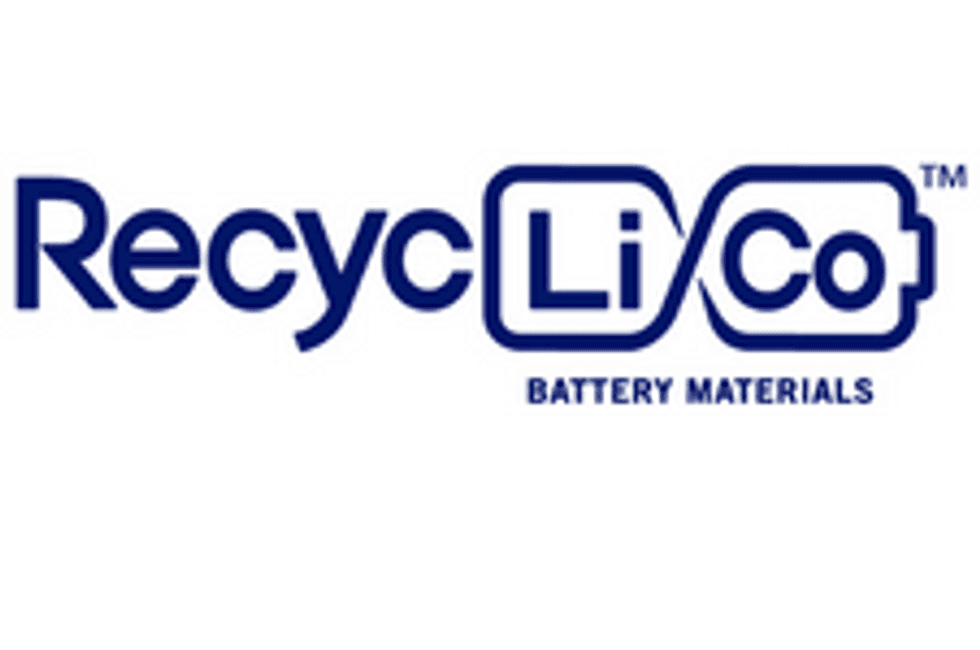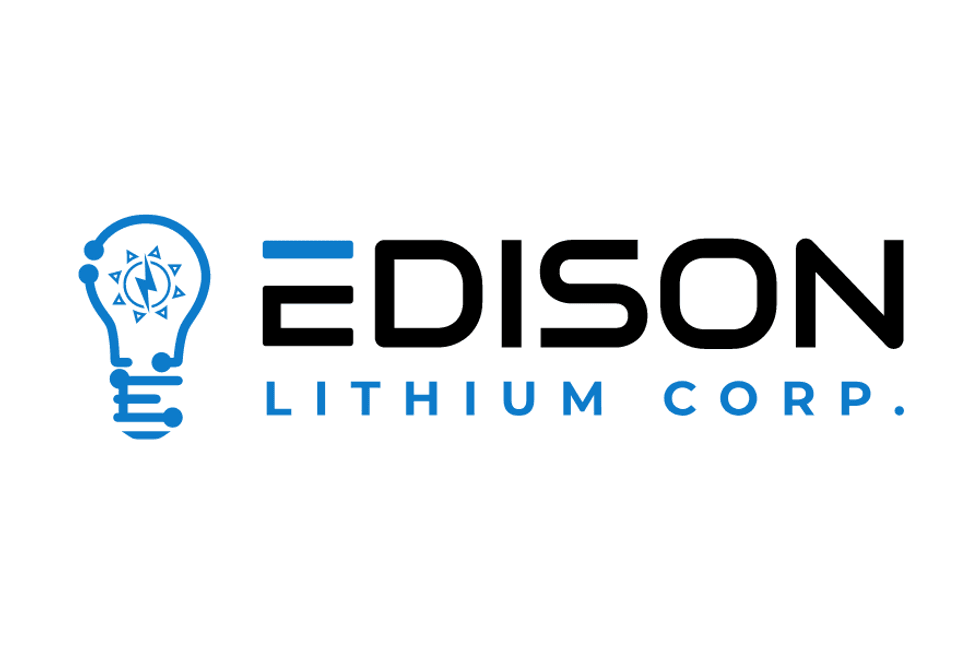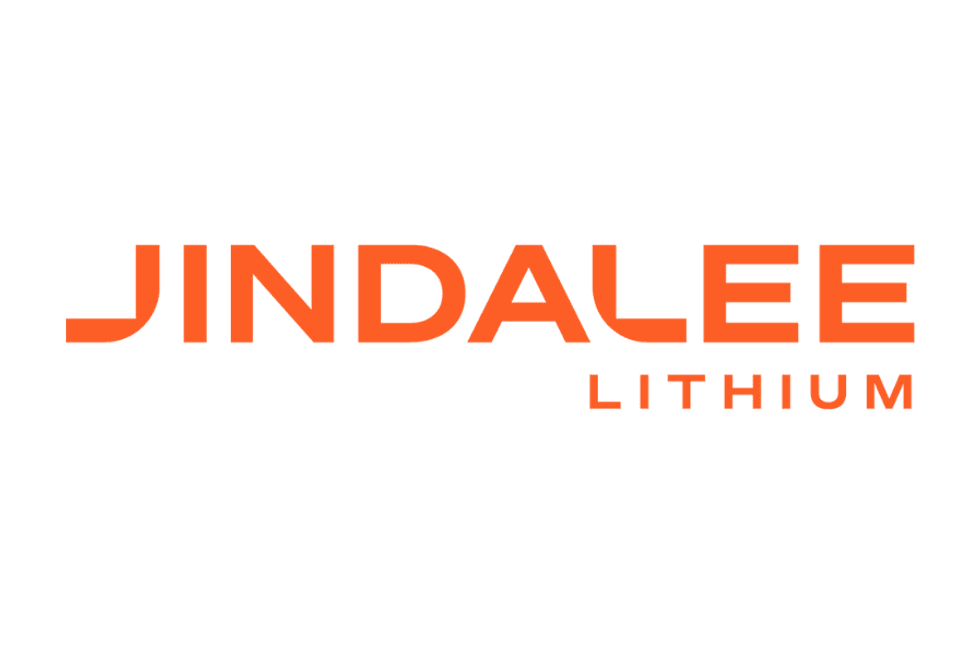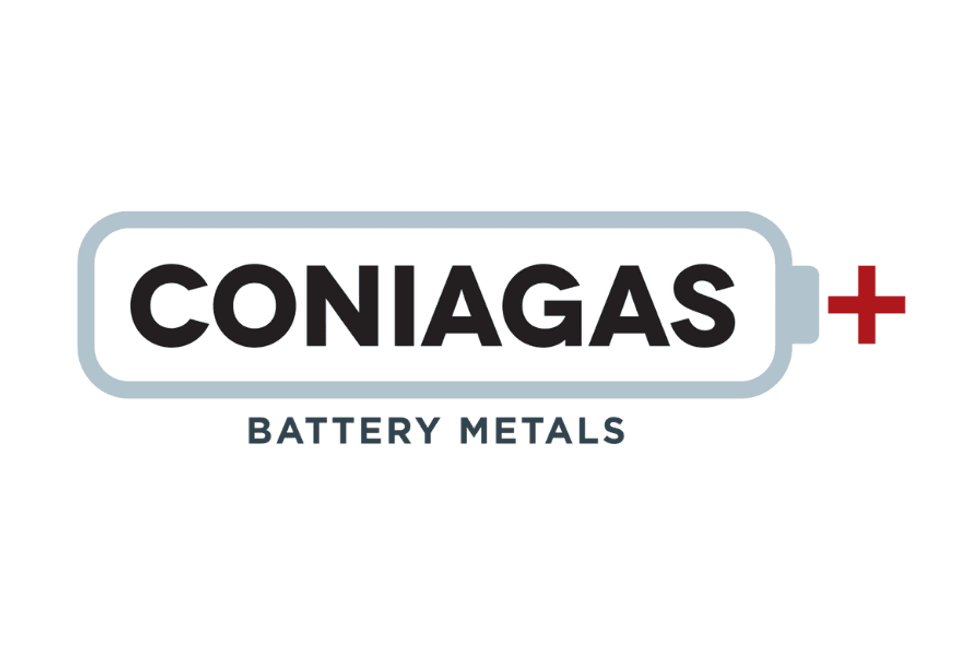Rio Tinto has committed $2.4 billion to the Jadar lithium-borates project in Serbia, one of the world’s largest greenfield lithium projects. The project remains subject to receiving all relevant approvals, permits and licences and ongoing engagement with local communities, the Government of Serbia and civil society.
The Jadar project would scale up Rio Tinto’s exposure to battery materials, and demonstrate the company’s commitment to investing capital in a disciplined manner to further strengthen its portfolio for the global energy transition.
Jadar will produce battery-grade lithium carbonate, a critical mineral used in large scale batteries for electric vehicles and storing renewable energy, and position Rio Tinto as the largest source of lithium supply in Europe for at least the next 15 years. In addition, Jadar will produce borates, which are used in solar panels and wind turbines.
Jadar will be one of the largest industrial investments in Serbia, contributing 1% directly and 4% indirectly to GDP, with many Serbian suppliers involved in the construction of the mine. Rio Tinto is committed to help develop local businesses so that they can support the operation over the coming decades. It will also be a significant employer, creating 2,100 jobs during construction and 1,000 mining and processing jobs once in production.
Rio Tinto Chief Executive Jakob Stausholm said “We have great confidence in the Jadar project and are ready to invest, subject to approvals. Serbia and Rio Tinto will be well-positioned to capture the opportunity offered by rising demand for lithium, driven by the global energy transition and the project will strengthen our offering, particularly to the European market. It could supply enough lithium to power over one million electric vehicles per year 1 .
“The Jadar deposit and its unique mineral, Jadarite, discovered by Rio Tinto geologists in 2004 contains high-grade mineralisation of boron and lithium, supporting a long-life operation in the first quartile of the cost curve for both products.”
“We are committed to upholding the highest environmental standards and building sustainable futures for the communities where we operate. We recognise that in progressing this project, we must listen to and respect the views of all stakeholders.”
Rio Tinto continues to work with a wide group of local and global experts across all aspects of the environmental, social and governance impacts and has done so for many years. For example, to date we have finalised 12 environmental studies and more than 23,000 biological, physical and chemical analyses of air and water. This consultation is ongoing and will continue to inform our final submissions for approval.
The Jadar development will include an underground mine with associated infrastructure and equipment, including electric haul trucks, as well as a beneficiation chemical processing plant. To minimise the impact to communities, it will be built to the highest environmental standards, including utilising dry stacking of tailings. This innovative method allows the dry tailings to be progressively reclaimed with vegetation and soil with no need for a tailings dam. Water management will be state of the art with a dedicated facility resulting in approximately 70% of raw water coming from recycled sources or treated mine water.
First saleable production is expected in 2026 at a time of strong market fundamentals with lithium demand forecast to grow 25-35% per annum over the next decade. Following ramp up to full production in 2029, the mine will produce ~58,000 tonnes of lithium carbonate, 160,000 tonnes of boric acid (B 2 O 3 units) and 255,000 tonnes of sodium sulphate 2 annually, making Rio Tinto one of the top ten lithium producers in the world. Based on this annual production of lithium carbonate, Rio Tinto aims to produce 2.3 million tonnes of lithium carbonate over the expected 40-year life of mine.
The next steps for the project are seeking an exploitation licence and receipt of regulatory approvals. This includes approval of the environmental impact assessment (EIA) studies, which will shortly be made available to the public for comment. The EIA is required for the commencement of works, with construction targeted to start in 2022.
1 Assuming 60kWh battery size
2 These production targets were previously reported in a release to the Australian Securities Exchange (ASX) dated 10 December 2020, “Rio Tinto declares maiden Ore Reserve at Jadar” (for battery-grade lithium carbonate it was 55,000 tonnes). All material assumptions underpinning the production targets continue to apply and have not materially changed.
This announcement is authorised for release to the market by Steve Allen, Rio Tinto’s Group Company Secretary.
riotinto.com
View source version on businesswire.com: https://www.businesswire.com/news/home/20210727005910/en/
Please direct all enquiries to media.enquiries@riotinto.com
Media Relations, UK
Illtud Harri
M +44 7920 503 600
David Outhwaite
M +44 7787 597 493
Media Relations, Americas
Matthew Klar
T +1 514 608 4429
Media Relations, Australia
J onathan Rose
M +61 447 028 913
Matt Chambers
M +61 433 525 739
Jesse Riseborough
M +61 436 653 412
Investor Relations, UK
Menno Sanderse
M: +44 7825 195 178
David Ovington
M +44 7920 010 978
Clare Peever
M +44 7788 967 877
Investor Relations, Australia
N atalie Worley
M +61 409 210 462
Amar Jambaa
M +61 472 865 948
Rio Tinto plc
6 St James’s Square
London SW1Y 4AD
United Kingdom
T +44 20 7781 2000
Registered in England
No. 719885
Rio Tinto Limited
Level 7, 360 Collins Street
Melbourne 3000
Australia
T +61 3 9283 3333
Registered in Australia
ABN 96 004 458 404
Category: Jadar





